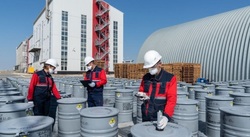
Iran, Russia Continue Consultations on Nuclear Cooperation: Ryabkov
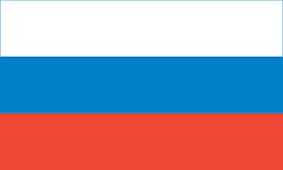
“We are conducting consultations on various aspects of our nuclear cooperation. Rosatom and the Atomic Energy Organization of Iran are coordinating their schedules directly. We are not dragging this on, while it is clear that the situation has not improved, compared to the moment when the project (at Iran’s Fordow nuclear facility) was suspended. But we will hold consultations,” Ryabkov told reporters after the 15th meeting of the JCPOA’s Joint Commission in Vienna.
In December 2019, Russian state nuclear company Rosatom suspended work on revamping a factory at Fordow due to an issue with uranium compatibility.
As part of the fourth step away from the deal, Iran began injecting uranium hexafluoride (UF6) gas into centrifuges at the Fordow plant, where 1,044 centrifuges are installed.
Elsewhere in his remarks, Ryabkov said Russia will keep objecting to the restoration of UNSC sanctions against Iran, emphasizing that the body should not turn into a 'toy' in the US hands.
“I think that in any case, US hypothetical attempts to enable these plots both the arms embargo and the restoration of sanctions of the UNSC will face strong opposition from our side, from other responsible members of the international community. After all, the UNSC should not become a toy in the hands of Washington. We will not let it happen,” he said.
In 2018, the US left the JCPOA and returned its sanctions against Iran in defiance of the agreement’s multilateral nature and the fact that it had been ratified by the United Nations Security Council.
Washington then began forcing other parties to toe its sanctions line. The three European signatories to the deal have stopped their transactions with the Islamic Republic, bowing under the pressure.
In response to the US moves, Tehran has so far rowed back on its nuclear commitments four times in compliance with Articles 26 and 36 of the JCPOA, but stressed that its retaliatory measures will be reversible as soon as Europe finds practical ways to shield the mutual trade from the US sanctions.
On January 5, Iran took a final step in reducing its commitments and said it would no longer observe any operational limitations on its nuclear industry, whether concerning the capacity and level of uranium enrichment, the volume of stockpiled uranium or research and development.
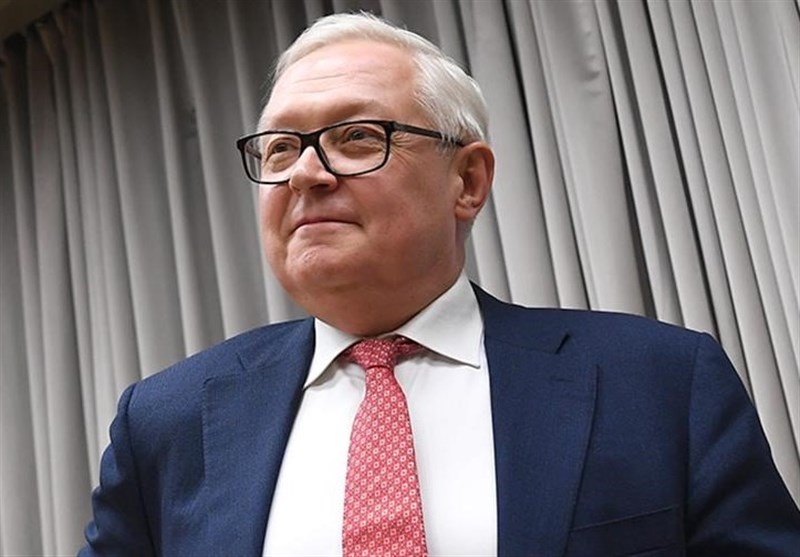


Codelco seeks restart at Chilean copper mine after collapse

Hudbay snags $600M investment for Arizona copper project

Uzbek gold miner said to eye $20 billion value in dual listing

BHP, Vale offer $1.4 billion settlement in UK lawsuit over Brazil dam disaster, FT reports

Peabody–Anglo $3.8B coal deal on the brink after mine fire

A global market based on gold bars shudders on tariff threat

SSR Mining soars on Q2 earnings beat

Minera Alamos buys Equinox’s Nevada assets for $115M

Century Aluminum to invest $50M in Mt. Holly smelter restart in South Carolina

Samarco gets court approval to exit bankruptcy proceedings
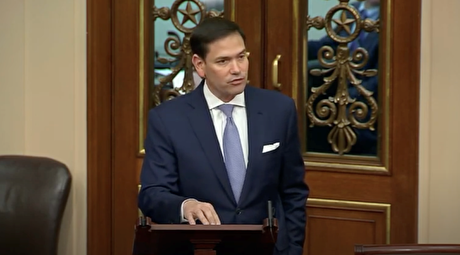
US eyes minerals cooperation in province home to Reko Diq

Allegiant Gold soars on 50% financing upsize

Explaining the iron ore grade shift

Metal markets hold steady as Trump-Putin meeting begins
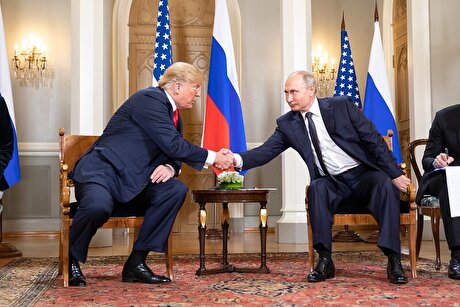
Trump to offer Russia access to minerals for peace in Ukraine

Gemfields sells Fabergé luxury brand for $50 million
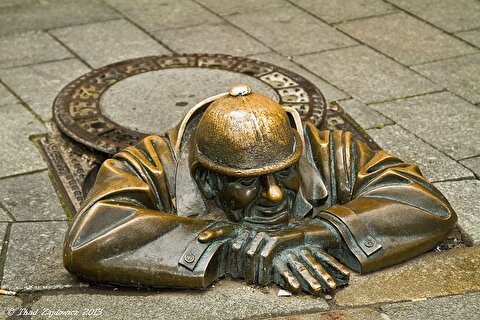
Gold price stays flat following July inflation data
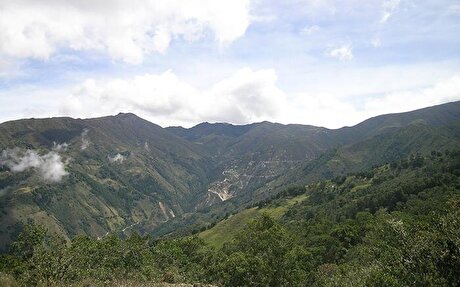
Eco Oro seeks annulment of tribunal damage ruling
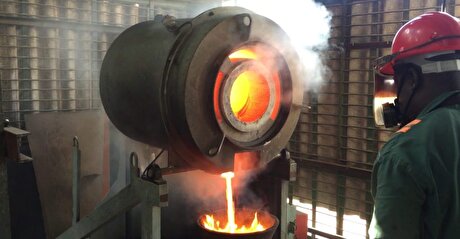
Zimbabwe labs overwhelmed as gold rally spurs exploration, miner says

Samarco gets court approval to exit bankruptcy proceedings

US eyes minerals cooperation in province home to Reko Diq

Allegiant Gold soars on 50% financing upsize

Explaining the iron ore grade shift

Metal markets hold steady as Trump-Putin meeting begins

Trump to offer Russia access to minerals for peace in Ukraine

Gemfields sells Fabergé luxury brand for $50 million

Gold price stays flat following July inflation data

Eco Oro seeks annulment of tribunal damage ruling

